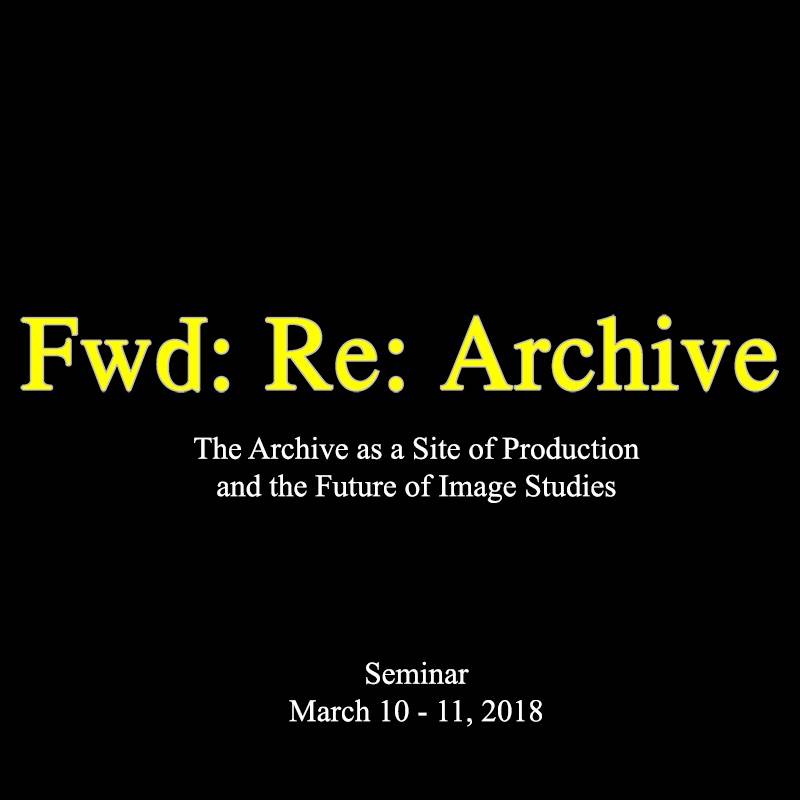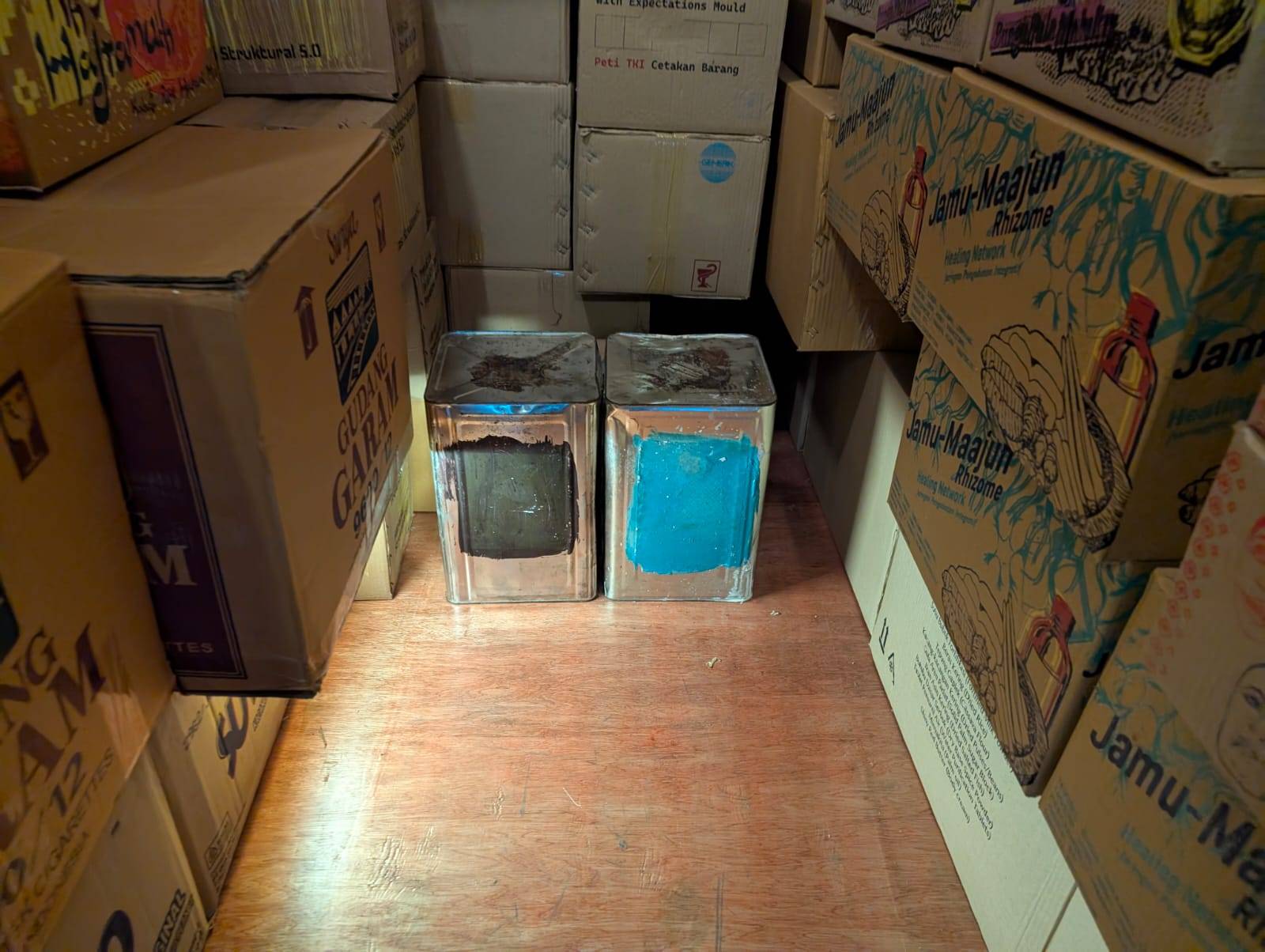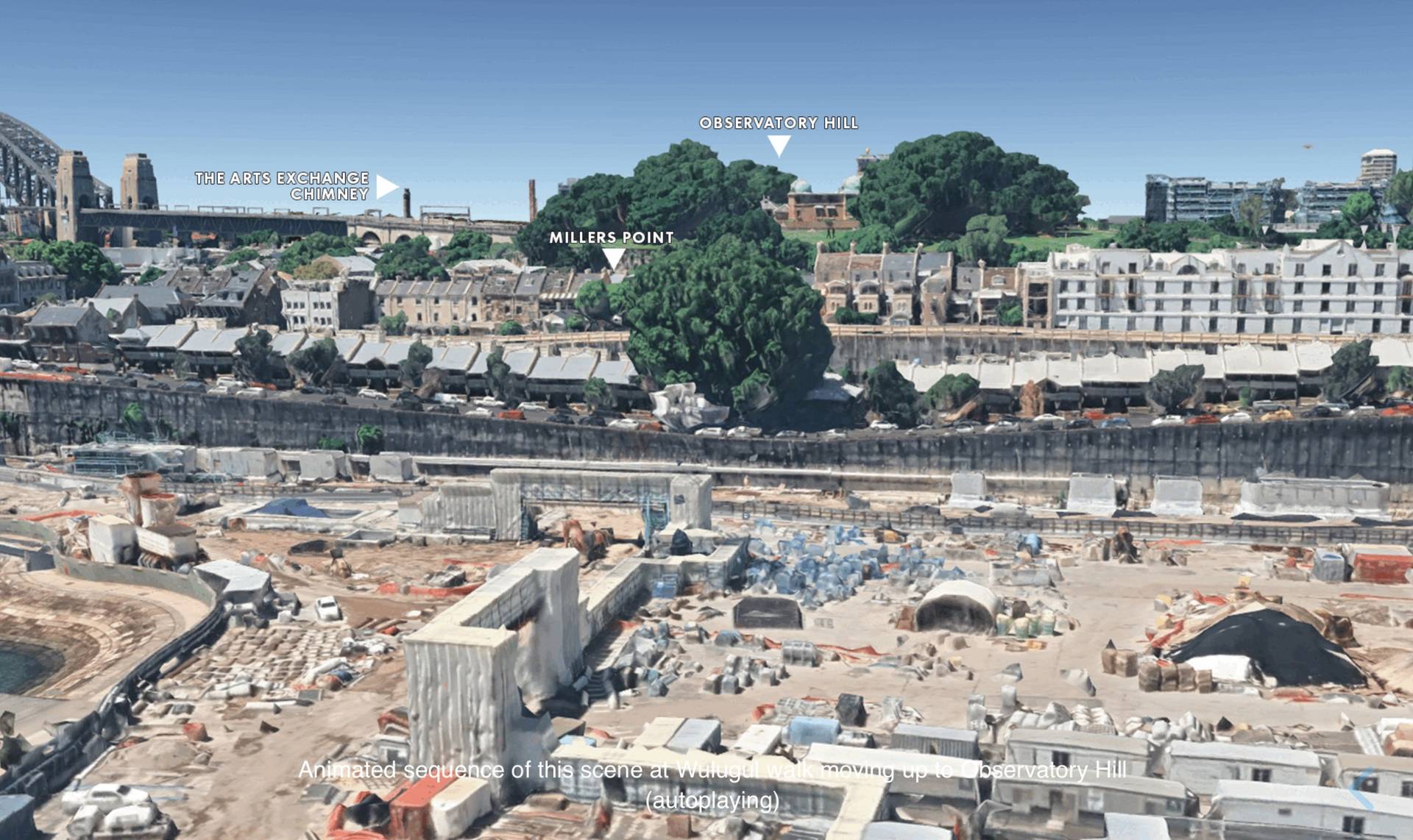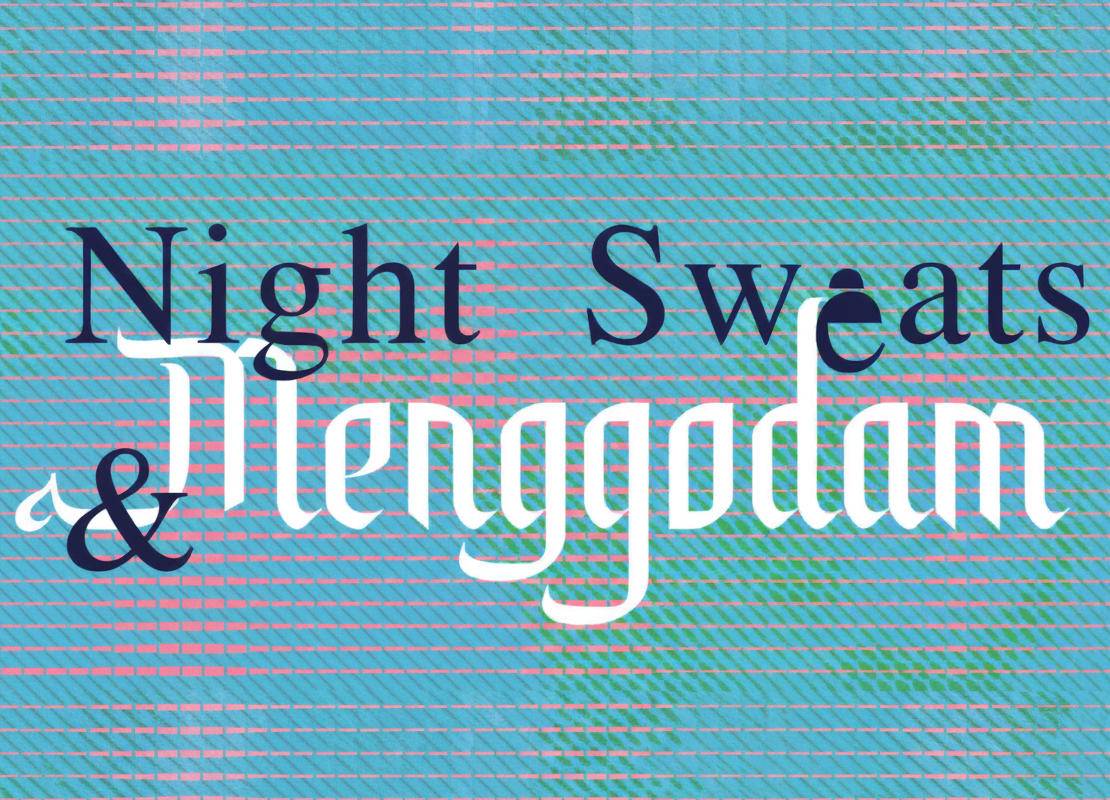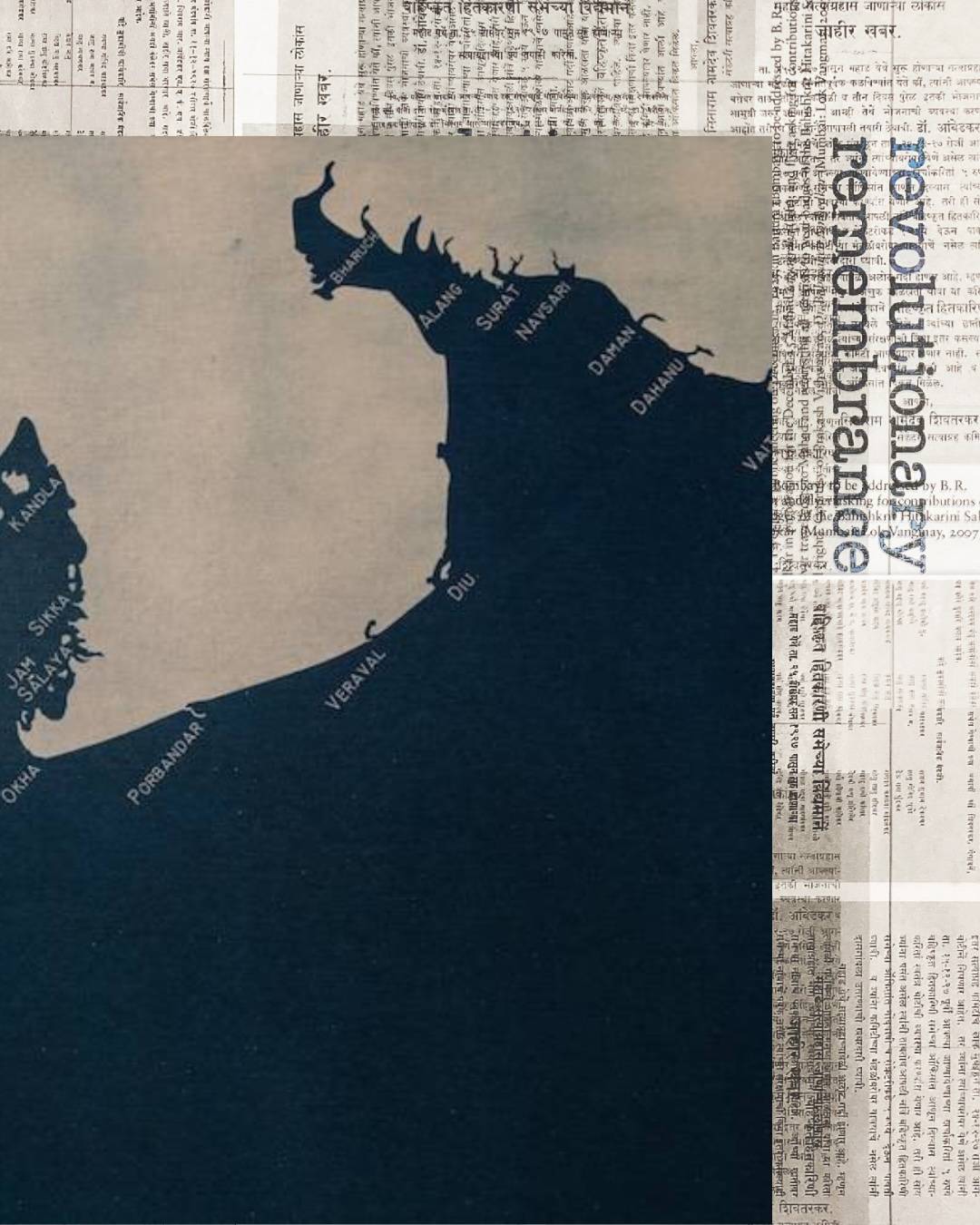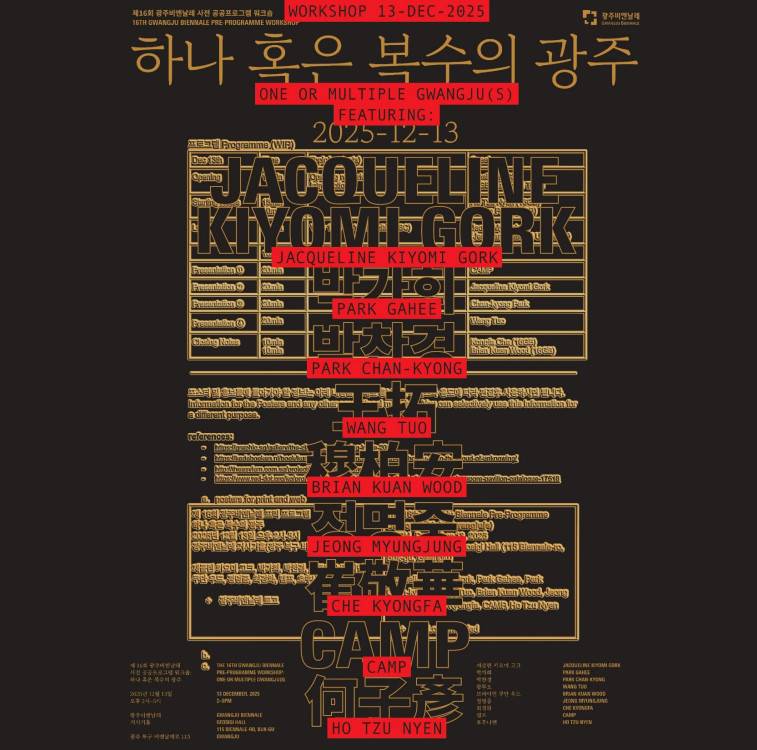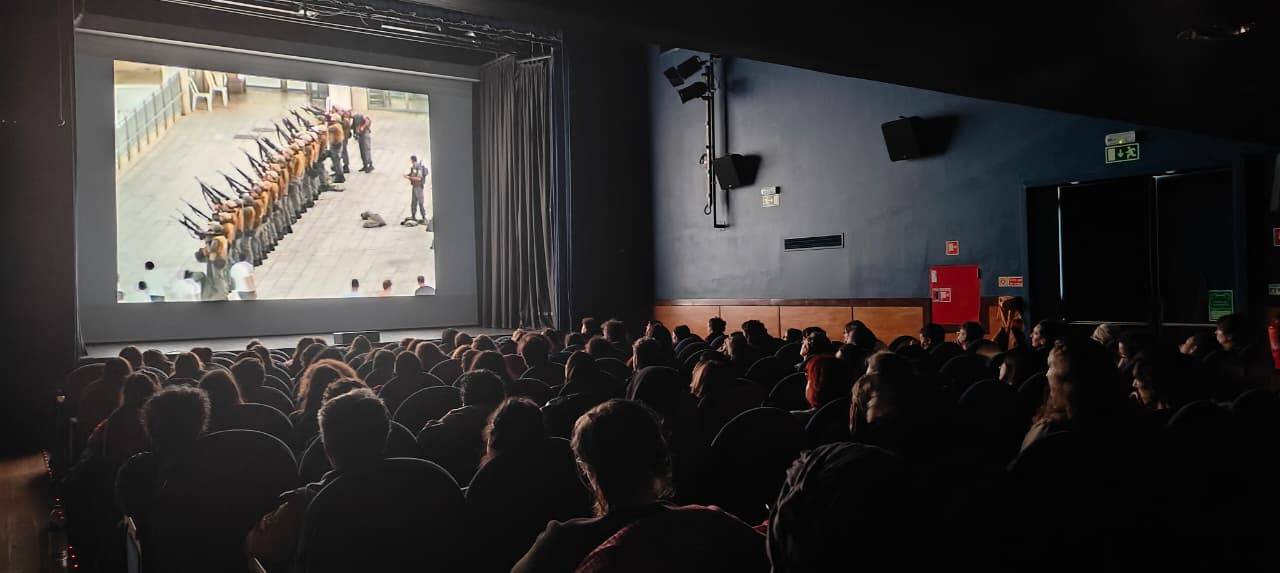
Archive, Access, Anxiety
Dec. 21, 2007 - Dec. 22, 2007
An extended discussion on digital archiving, hosted by oil21.org and CAMP. At Prithvi House, Juhu, Mumbai.
Prithvi House, Juhu, Mumbai.
Friday, December 21, 2007.
10:30 - 01:00 Introductions
1:00 - 2:00 Lunch
02:30 - 05:00 Discussion (1): Archive
06:30 - late Screening: From the Pirate Cinema Archives
Saturday
10:30 - 01:00 Discussion (2): Access
1:00 - 2:00 Lunch
02:30 - 05:00 Discussion (3): Anxiety
06:30 - late Screening: From the Beginnings of a New Gathering
INTRODUCTIONS:
The "Introductions" sessions are intended to provide entry points to the event and its format -- planned as a series of open and speculative discussions about both conceptual and practical issues of archiving, involving various disciplines. This will be the time for extended introductions to the participants, their background and experiences, and the questions that they bring to the table.
(1) QUESTIONS OF ARCHIVE:
~ to archive, to gather, to classify.
Archiving can be described as a relation to objects that neglects, ignores, circumvents or transcends both their exchange value and their use value. In a world where most objects are - in rapid succession - bought, used and disposed of, the archivist appears as a rather strange figure. The act of archiving seems to be an almost utopian gesture: to take care of an object, to find a place for an object, to protect and preserve an object. But there are other sides: the destructive and mad side of archiving, the regressive or naive denial of exchange and use value, compulsive collections, casual collections, inevitable collections and more. In this session we share specifics of why we (the group) archive, what we archive and in what ways we order or classify these collections.
(2) CONFLICTS OF ACCESS:
~ to explore, to navigate, to mine, to get lost, to stumble upon.
Conflicts of access arise in two different types. There are, very obviously, countless cases of denial of access - to information, resources, means of production or places, cases of structural, planned and persistent inaccessibility. There is also a political ideology of "making accessible" that denies the very common experience that access, in a simplistic, purely technical way, is never enough: that it is context that needs to be created, that it is an encounter that needs to be allowed for, that it is always collectivity, and production, rather than just individual consumption, that waits to emerge when people seek access to things.
Many of the metaphors that have been used to describe the archive as a place, or as structure, are references to nature: the archive as a garden is a very old idea, in conflict with the archive as forest, or jungle. In contemporary times, the archive as a mine or farm speaks of a change in the nature of value in the archive, no longer residing in its actual contents, but in the ability to extract and store visitor behaviour, and their patterns of interest. These are among other approaches to the question of access; such as the archive as river for instance, accepting the structure of the archive to be both directional and temporal, and taking into account phenomena such as driftwood, flooding, leaks, and even data loss.
(3) INSTANCES OF ANXIETY
~ to be archived, to control and be controlled, to erase, to market.
The archive presents a range of indexical options that may be exercised to tease apart or align identities, owners, co-ordinates, and objects. The potential for such control is a cause for anxiety, both in what is archived, and among archivists. Such questions arise, at one level, at the boundary of what is archived and how it is classified, or what it is searched by: images by text, texts by author, video by source, location, and so on. At the same time, deeper patterns and consequences will accompany the publication of any archived material, in a context that is often not its "original" one, that may make it more or less vulnerable to censorship, "personal offence", and questions of property and propriety.
This section would turn such fairly common experiences among video-makers, for example, into open questions for the archive. The afternoon of anxieties proposes a gradual rearrangement of these clouds of doubt, with particular regard to the proposed shared video archive, older and existing footage collectives, and political moments where they were, or could have been, used.
____
THE OIL OF THE 21ST CENTURY
www.oil21.org
The Oil of the 21st Century attempts to establish, through a series of events in the course of the year 2007, new critical perspectives on the often bizarre phenomena that present themselves at the new frontier of "Intellectual Property": from the rapidly expanding efforts to legislate the production and exchange of digital data to the various efforts to technically implement rights management systems, from the strange political agenda of the "War against Piracy" to the struggles against the commodification of the biosphere.
The Oil of the 21st Century is a project by Bootlab, based on a concept by Partner gegen Berlin, produced in cooperation with Sarai, The Thing and Waag Society, and funded by the German Federal Cultural Foundation.
PADMA
http://pad.ma
is an ongoing public-access media archival project, centered around video as a medium of documentation, collection, argumentation and exchange. Its objective is to consolidate, densely annotate, and make available online several scattered collections of video material, to begin with in Mumbai and Bangalore. PADMA is a collaboration between oil21.org, Chitrakarkhana / CAMP, Majlis, Point of View, the Alternative Law Forum, and other future contributors.
Participants:
Oil21
CAMP
Chitrakarkhana
Majlis
Point of View
Alternative Law Forum
Gujarat Shared Footage Group
Centre for Education and Documentation
Magic Lantern Foundation
Kausik Bhowmick
Nancy Adajania
Ranjit Hoskote
- public access digital media archive
- CAMP, Mumbai (home)
- Alternative Law Forum, Bangalore
- ChitrkarKarKhana Mumbai
- Gujarat Shared Footage Group - an introductory article by Gurpal Singh
- CED - Centre for Education and Documentation
- Magic Lantern Foundation, Delhi
- Majlis
- The Oil of the 21st Century - Perspectives on Intellectual Property
- Point of View









